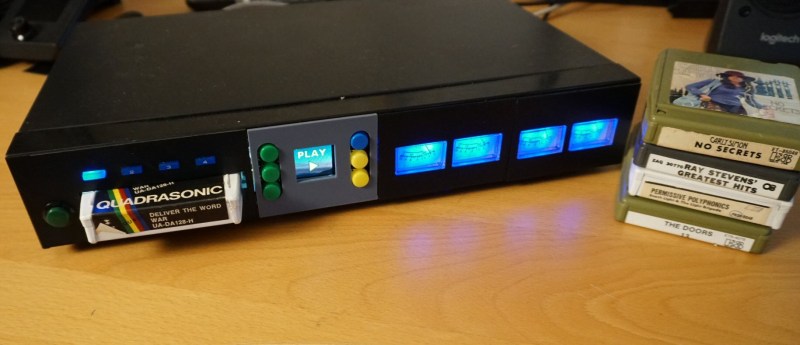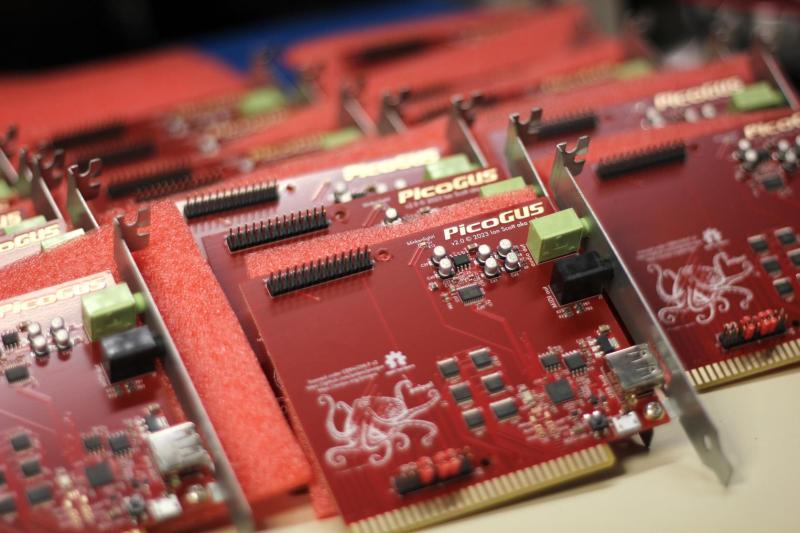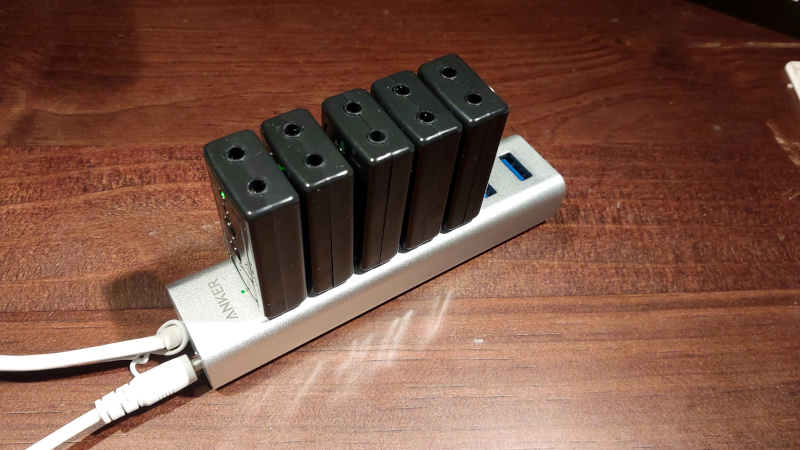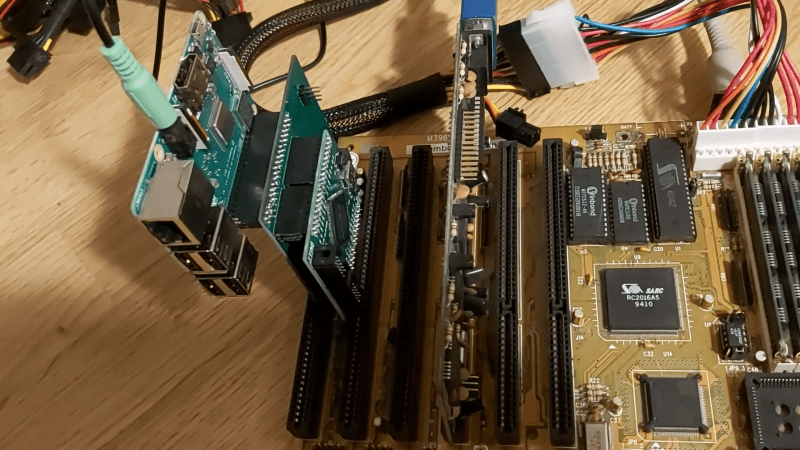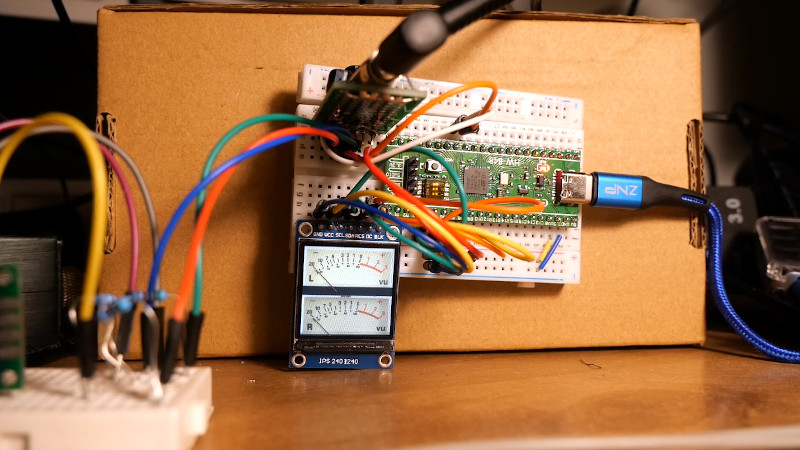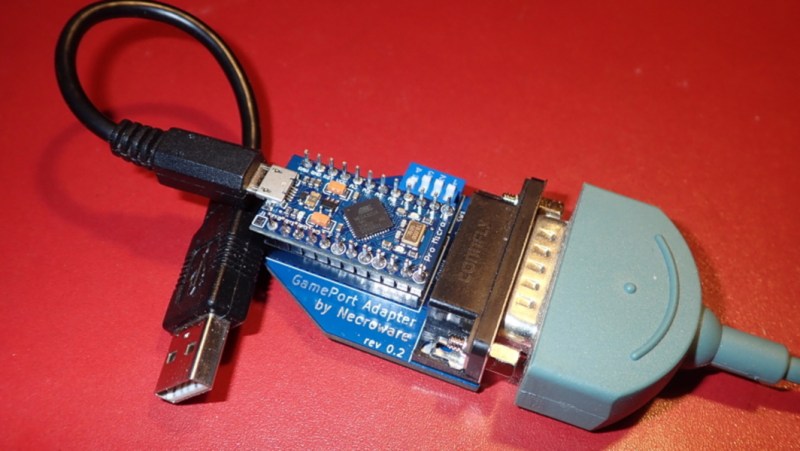FM synthesis is the sound of the 1980s, it’s the sound of shopping malls and Macintosh Plus. It’s the sound of the Motorola DynaTAC, busts of Helios, and the sound of vaporwave サ閲ユ. The chips most responsible for this sound is the OPL2 and OPL3, tiny little FM synthesizers on a chip, produced by Yamaha, and the core of the AdLib and Sound Blaster sound cards. It’s the chip behind the music in all those great DOS games.
Unfortunately, computers don’t have ISA slots anymore, and cards don’t work in 486 and Pentium-based laptops, the latest hotness for retrocomputing enthusiasts. …read more
Continue reading Vaporwave For The Parallel Port→
